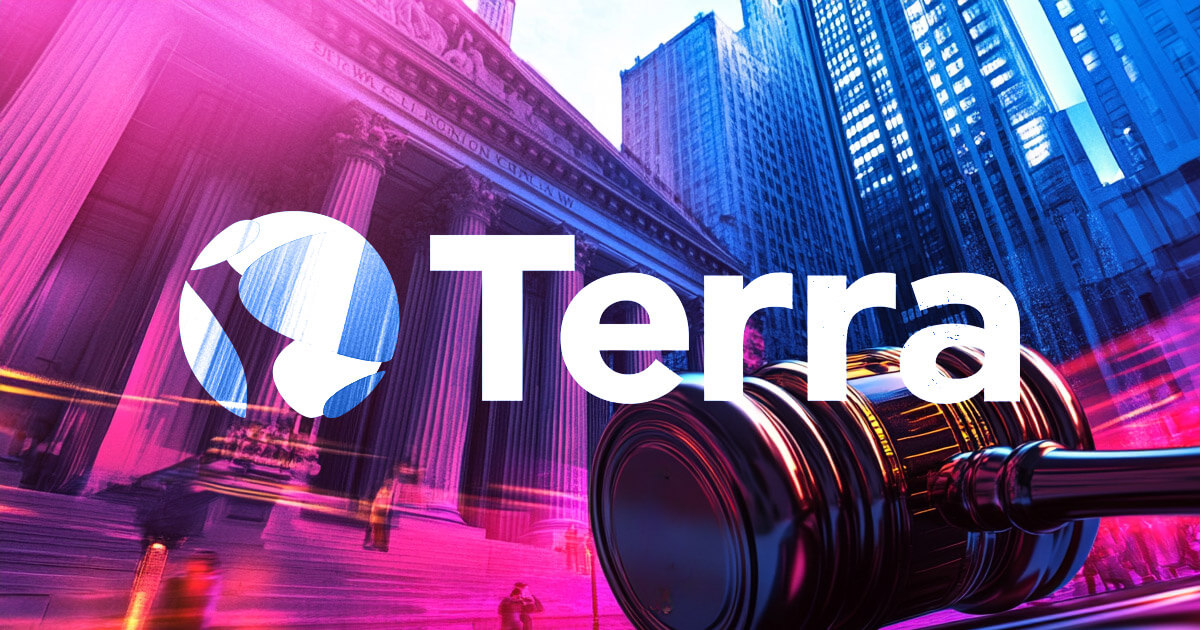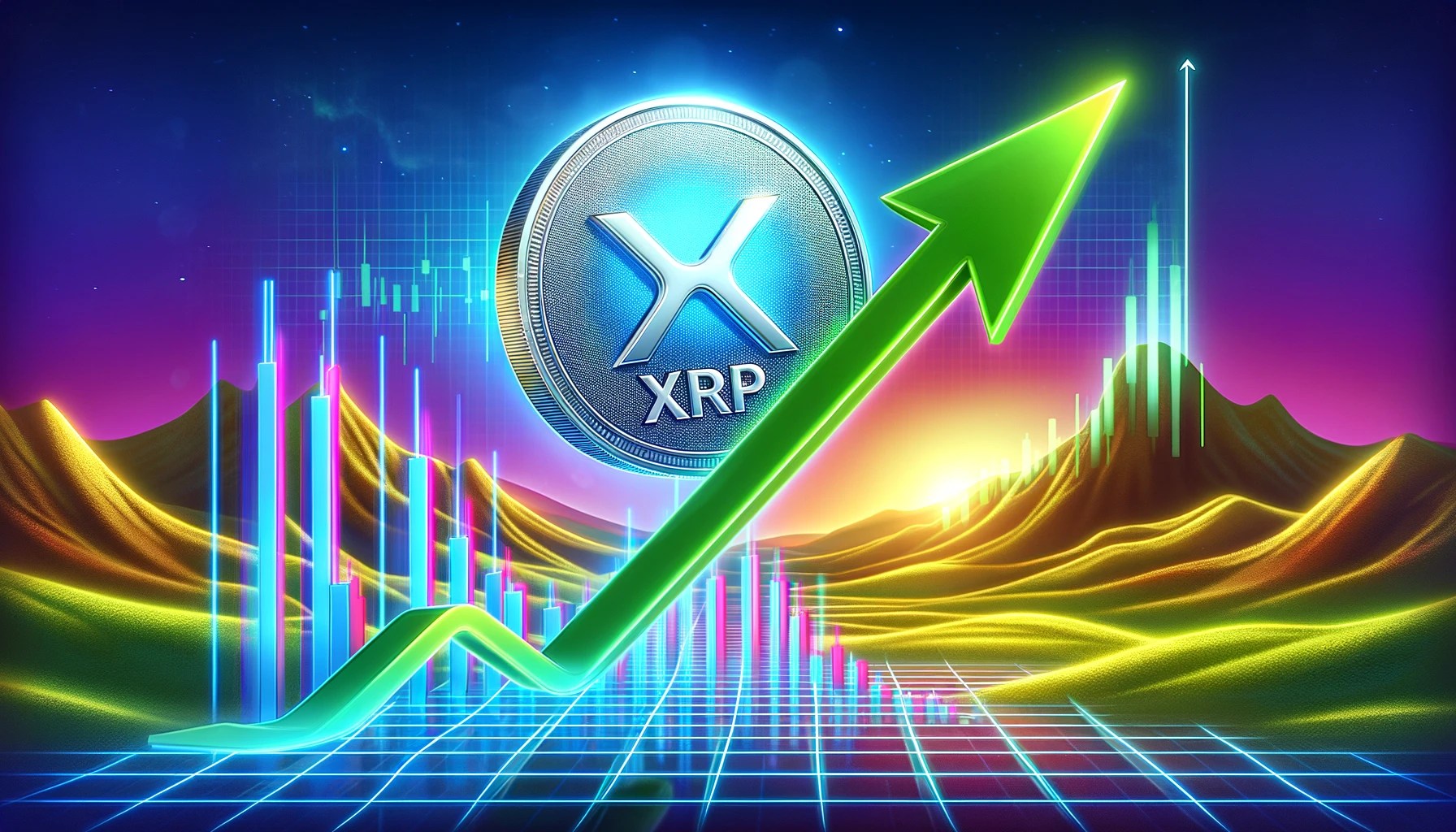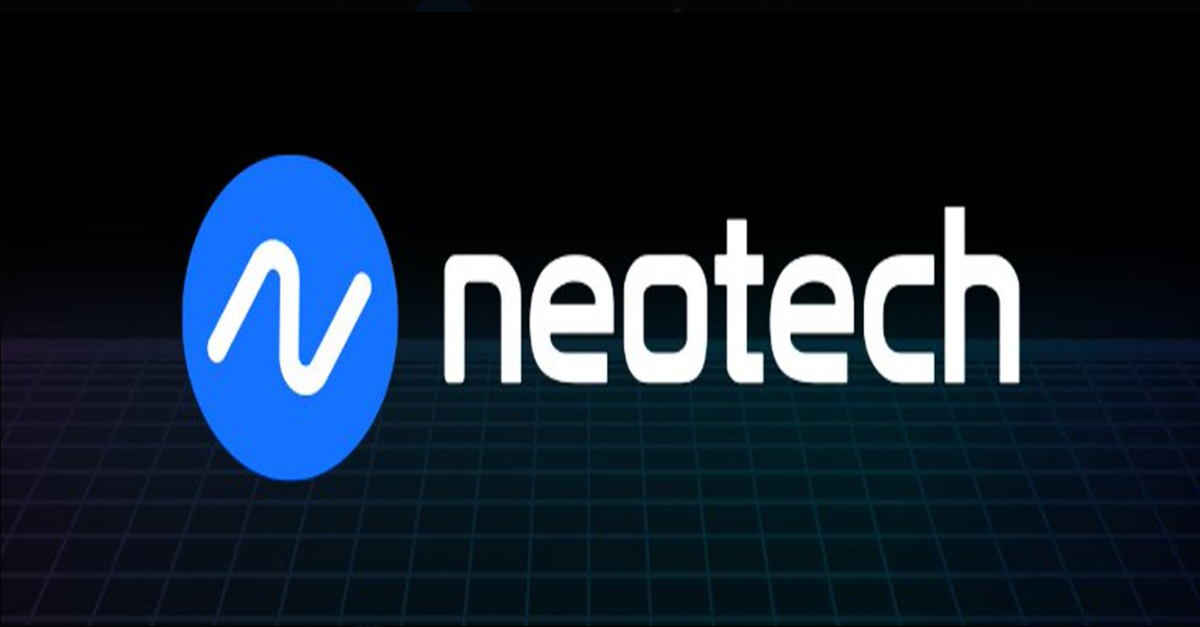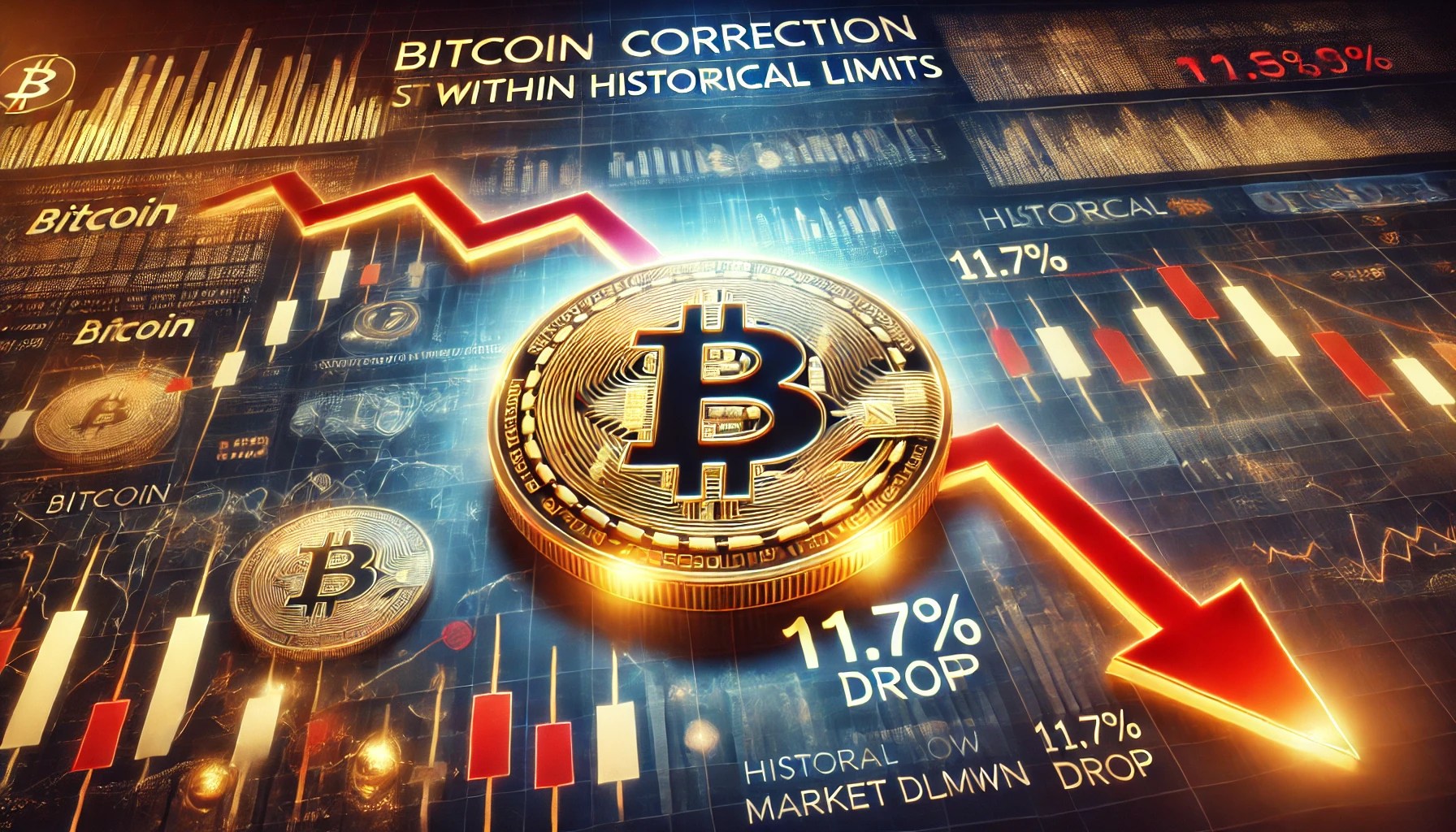In a surprising turn of events, Vitalik Buterin, co-founder of Ethereum, has expressed solidarity with Solana, a notable competitor in the blockchain industry. This comes as U.S. regulators intensify their regulatory crackdown on blockchain projects. Buterin conveyed his concerns about the U.S. Securities and Exchange Commission’s (SEC) rigorous scrutiny of blockchain projects during a candid Twitter exchange.
Why is this the talk of the town? Let’s explore.
Buterin Rejects Undeserved Triump
During the Twitter exchange, Buterin voiced his reservations about Ethereum (ETH) achieving success at the expense of evicting competitors from exchanges. He stated, “They don’t deserve it,” referring to other blockchain projects.
He further emphasized that if Ethereum were to emerge victorious solely by forcing other blockchains off exchanges, it would be an dishonorable way to win, lacking long-term viability as a triumph.
SEC’s Crypto Crackdowns: Nothing Less Than a Storm!
The U.S. Securities and Exchange Commission’s crackdown on the crypto industry has reverberated throughout the sector, resembling a sudden thunderstorm on a clear day. Leading exchanges like Coinbase, Binance, and Kraken have been struck by the regulator’s lightning bolts for allegedly trading unregistered securities.
Read More: Bittrex and Former CEO Charged by SEC, 6 Tokens Named as Securities
Consequently, Solana’s SOL and several other cryptocurrencies have found themselves labeled as unregistered securities.
Ethereum vs Solana
The rivalry between Ethereum, the second-largest cryptocurrency by market cap, and Solana, a project focused on accelerating transactions in the decentralized finance (DeFi) and non-fungible token (NFT) industries, adds an intriguing layer to this narrative.
Buterin’s display of empathy towards a competitor highlights a fascinating dynamic within the blockchain space—a shared struggle against regulatory pressures. This suggests that the crypto world may be more united than divided in its pursuit to navigate the complexities of global regulation.
Credit: Source link















































